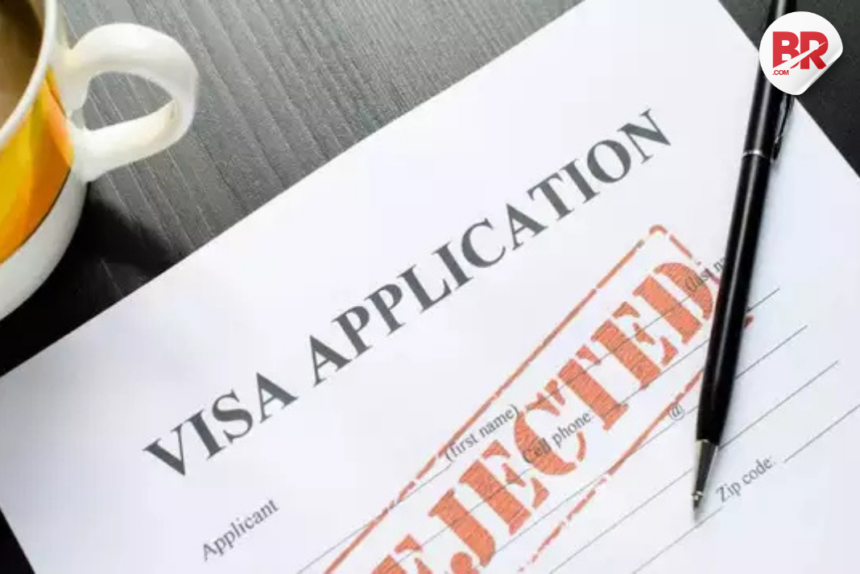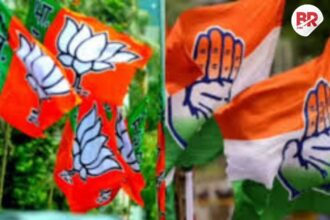
India Suspends Visas for Pakistanis After Pahalgam Attack: A Deep Dive
The recent Pahalgam attack has triggered significant diplomatic ripples, with India announcing the suspension of visa services for Pakistani nationals. This unexpected move is not just an administrative decision but a clear escalation in the already strained relations between the two nations.
Let’s break down what happened, why it matters, and what’s likely to come next.

The Pahalgam Attack: A Tragic Catalyst
To understand the severity of the visa suspension, we need to look at the Pahalgam attack itself. Early reports suggest that the attack targeted both tourists and security personnel, causing widespread panic.
While the full details are still emerging, it’s clear that this violent incident has escalated tensions, already high due to ongoing issues like cross-border terrorism. The attack has sent a wave of shock through India, especially among families and the security forces.
Visa Suspension: India’s Immediate Reaction
In the aftermath of the attack, India took the step of suspending visa services for Pakistani nationals. This means no Pakistani citizens will be allowed to apply for visas for any purpose—tourism, business, or medical visits. Furthermore, those Pakistani nationals already in India have been given a directive to leave the country.
This includes students, medical patients, and those visiting family members. While this may seem like a routine diplomatic action, it’s far from that. It’s a bold statement about the current state of affairs between India and Pakistan.
Also Read Attari Border Closure After Pahalgam Attack: Trade Stalls as Security Fears Surge
Why This Decision Matters
1. Diplomatic Relations:
The suspension of visas is not just about bureaucratic procedure—it’s a reflection of the deepening divide between India and Pakistan. The decision underscores India’s growing frustration with cross-border terrorism and its increasing unwillingness to continue business as usual with Pakistan.
Relations between the two countries have always been volatile, but this decision further hardens the stance, making peaceful diplomatic negotiations more difficult.
2. Humanitarian Impact:
The visa suspension is also a blow to families and individuals who rely on cross-border movement. Students studying in India, patients seeking treatment, and families visiting loved ones will feel the pinch. These everyday people, who had no role in the attack, are now caught in the crossfire of international politics.
The suspension may lead to strained relationships and a greater sense of division.
3. Economic Consequences:
This diplomatic move also carries economic implications. India and Pakistan have a long history of trade and tourism, and this visa suspension will likely result in a slowdown in both sectors. Businesses on both sides of the border will suffer from the lack of interaction, especially in regions where trade plays a key role in the local economy.
A Reciprocal Advisory: Travel Warnings on Both Sides
In a mirror response, India’s Ministry of External Affairs has also issued a travel advisory, urging Indian citizens to avoid travel to Pakistan. The advisory points to security risks and instability as primary concerns. This advisory, alongside the visa suspension, paints a grim picture of future relations between the two countries.
Also Read ₹20 Lakh Bounty, LeT Links: The Ruthless Chase for Pahalgam Attackers
The Underlying Reasoning
The Indian government justifies the advisory based on rising security concerns. Given the escalating violence and political tensions, the risk to Indian nationals in Pakistan is deemed too high. For Indian citizens already in Pakistan, the advisory suggests extreme caution, further highlighting the fragile nature of cross-border travel.
Looking Ahead: What’s Next for India and Pakistan?
Predicting the next steps is challenging, as several factors will influence the future of India-Pakistan relations. The ongoing investigation into the Pahalgam attack is likely to shed light on the perpetrators, which could influence further actions by both governments.
Additionally, international pressure may prompt some form of mediation or dialogue, though that seems unlikely in the current climate. Internal political pressures in both countries could also determine the future trajectory.
One thing is clear, though: This move is a part of a larger narrative about cross-border terrorism and the need for both nations to address long-standing security concerns. The suspension of visas might seem like a temporary action, but it speaks volumes about the current diplomatic and security concerns of the Indian government.
The Bigger Picture: The Role of Diplomacy
The visa suspension is not just about one incident; it’s a reflection of India’s long-standing frustration with terrorism emanating from Pakistan. While this action may be seen as justified by some, it underscores the complexity of the India-Pakistan relationship. Both nations need to find a way forward that addresses security concerns and fosters peace.
This crisis serves as a harsh reminder of the fragile nature of international relations, and the urgent need for dialogue to prevent further escalation.
Also Read Breaking: India Suspends Pakistan’s X Account, Indus Waters Treaty – What Happens Next?












